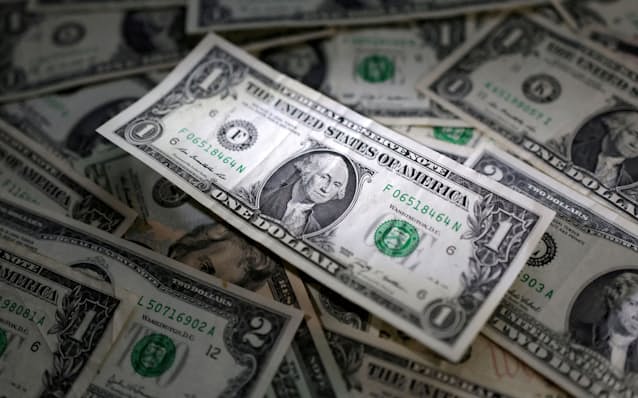The long-term interest rates in Japan have been on an uptick, spurring an increased speculation about a possible rate hike. This increase indicates the anticipation of a policy change by the Bank of Japan. While the timing is yet uncertain, these market trends have invigorated discussions about Japan's current economic conditions and strategic financial measures.
In Japan, interest rates significantly influence economic activity and the financial market. The Bank of Japan has long applied a policy of very low interest rates to combat deflation and stimulate growth. An anticipation of a rate hike implies solidification of economic growth and improvements in inflation, which sparks interest among citizens, investors, and corporations alike, as potential shifts could affect savings, investments, and overall economic health.
In comparison, both the US and EU economies have seen periods of low interest rates, particularly in response to the 2008 financial crisis and more recently due to COVID-19 economic impacts. However, unlike Japan, the US Federal Reserve and the European Central Bank have begun to signal potential rate hikes earlier, leading to diverse market reactions. If Japan were to follow suit, this would mark a significant shift in its longstanding low-interest policy.

